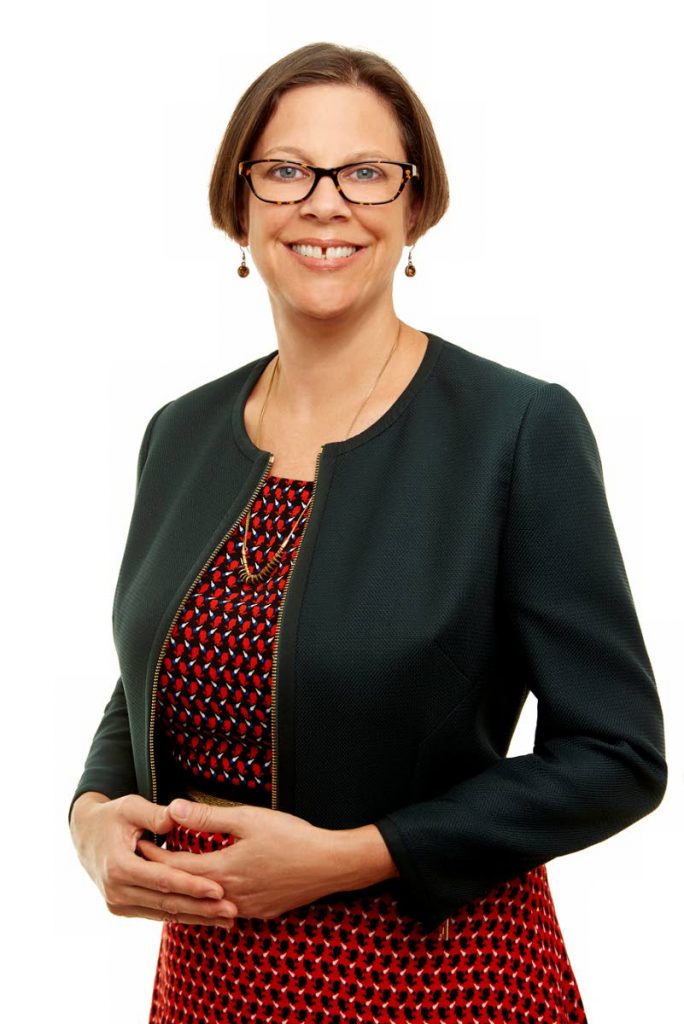Dr Catherine Minto Bain: Breaking ground in zika research

Medical director and consultant gynaecologist at the Trinidad and Tobago IVF and Fertility Centre Dr Catherine Minto Bain is the woman behind new ground-breaking zika virus research, which has been published by the medical journal Fertility and Sterility®, an international journal for obstetricians, gynaecologists, reproductive endocrinologists, urologists, and those who treat and investigate problems of infertility and human reproductive disorders. Dr Minto Bain, a wife, mother and photographer, has been in the field of medicine for 25 years and has been researching infertility and reproductive disorders for the past 20 years.
The study, entitled Experience with zika virus and semen processing, was conducted in TT in 2016 by the IVF and Fertility Clinic at the height of the local zika outbreak, which raised grave concerns about the foetal anomalies associated with zika virus and pregnancy. Zika virus can be passed from a pregnant woman to her unborn baby, which can cause a birth defect called microcephaly and other severe foetal brain defects. Dr Minto Bain said zika is transmitted both through mosquito bites and sexually through sperm. The study aimed to see whether the virus could be “washed” from semen using the two standard techniques successfully used to wash HIV out of semen − gradient wash and swim up. “Our study shows that zika virus is not washed out and it is therefore clearly different to HIV. This is vital information for both fertility clinics and scientists studying viruses,” Dr Minto Bain told WMN.

She said the clinic recruited 23 TT men diagnosed with the zika virus, who gave blood, urine and sequential semen samples for the study. One third of the subjects had zika virus in the semen, which was isolated and found to be infectious. The research found that in the subjects with high zika viral loads in the semen, neither of the washing techniques reduced the viral load. The research team, led by Dr Minto Bain, involved the 18 members of the local fertility clinic and approximately 12 people at the Institute of Tropical Medicine in Antwerp, Belgium, with which the clinic partnered for the study. The research took approximately 18 months. “The idea was for the study to be local. But since specialised isolation of the virus is not done here, we had to send the samples to Belgium. They did the science side of the study.”
The study, Dr Minto Bain said, is critically important to the fertility clinic. “TT is a tropical country and zika may well come back every few years, like dengue. It remains in our mosquitos and some of our population are not immune as they have not yet had zika. That means people in TT will be facing the pregnancy problems that zika causes for many years to come, until there is a reliable and safe vaccine. So, we need this information. We need to know ‘how can we make it safer for our patients and population to get pregnant and avoid the foetal abnormalities, miscarriages and stillbirths that zika can cause in around ten per cent of infected pregnancies?’”
She said some viruses are a real threat to reproductive health in both women and men and it is important to learn from them. “HIV, zika and Ebola are sexually transmitted. Viruses are fascinating because they do different things and show up in different ways. When we study them we can learn from them.
“The international community too is very interested in this research because zika virus remains in the mosquito population, which means it will continue to be a problem in the future. Learning about how this virus could be transmitted sexually is important, not just for zika, but for other viruses that are yet to come - the potential big problems of the future that could decimate the human race.”
Dr Minto Bain said sourcing funding for the study was among the biggest challenge faced by the team. “Getting the funding was really frustrating. There were a lot of grants applications sent to the US, but we had no luck there. Fortunately, we were able to get some EU funding. But we could have done so much more if we had more funding.”
But challenges aside, she said she thoroughly enjoyed doing the research. “I have always loved women’s health. Even when I was a student, I knew I would work in obstetrics and gynaecology. When I moved to Trinidad with my husband, I naturally went full time into a fertility-related field.”
The British-born co-owner of the TTIVF & Fertility Centre said the facility is a full-service fertility centre with internationally tested solutions. “It is the only fertility centre in the Caribbean with specialist IVF accreditation and is Healthcare Accredited by the UK and ISQua.” She said the clinic voluntarily allows external UK experts to inspect its laboratories and audit and verify all of its published data, including success rates.


Comments
"Dr Catherine Minto Bain: Breaking ground in zika research"